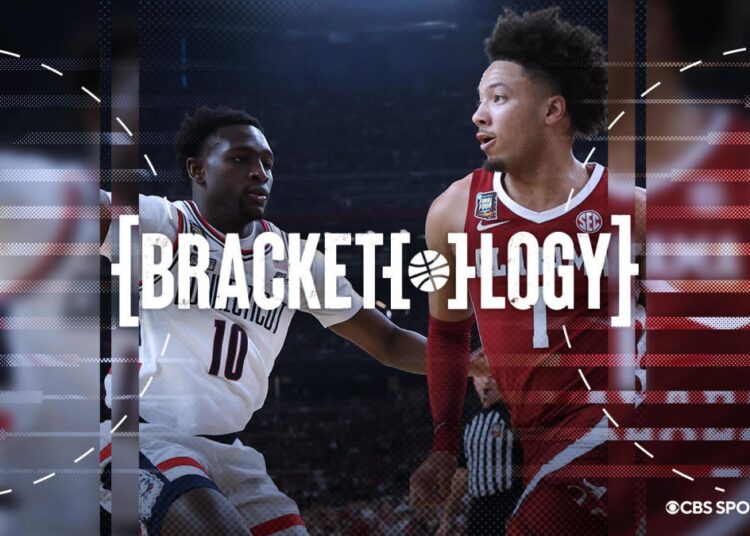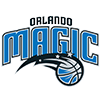It is a turbulent time in college sports. Players transfer to new schools looking for the best deal. Schools transfer to new conferences, looking for the best deal. The one constant is change.
One conference is on hiatus as it attempts to rebuild. The Pac-12 consisted of Oregon State and Washington State when the fall began, but since then, it has added Boise State, Colorado State, Fresno State, San Diego State and Utah State. It needs to find one more all-sports member in time for the 2026-27 season in order to be considered a conference. If it can find one more “State”, they could change their name to something like States United. But, I digress.
Oregon State and Washington State will be playing in the West Coast Conference for the next two seasons. When they return to the Pac-12, they are taking Gonzaga with them.
Twenty teams have changed conferences going into this season, with ten of those being former members of the Pac-12 scattering to the winds, or at least the remaining power conferences.
There are also two new schools in Division I. Mercyhurst and West Georgia have moved up from Division II this season. They will count in the NET, but are not eligible for the NCAA Tournament until 2029.
Four teams are eligible for this year’s NCAA Tournament for the first time. Bellarmine, which won the ASUN Tournament in 2022 before it was eligible for the NCAA Tournament, no longer has to worry about that. The Knights are joined by Tarleton State, UC San Diego and Utah Tech as first-time eligible programs.
Check out Palm’s bracket and full field of 68 at the Bracketology hub.
Welcome ‘Wins Above Bubble’ to process
There has also been a change to the NCAA selection committee team sheets. You may recall that Jeff Sagarin retired his ratings before last season and no replacement was named. In July, that was rectified. The NCAA announced the addition of Bart Torvik’s rankings to replace Sagarin’s. One thing to note is that Torvik’s ratings have a recency bias built in, which is specifically not part of the NCAA’s criteria for selection and seeding. Like Sagarin’s rankings, Torvik’s also consider scoring margins.
Also being added to the team sheet is Wins Above Bubble – a mix of results-oriented and MOV-based metrics. The WAB formula itself is results-oriented, but the definition of the bubble will be based on the NET, which is MOV-based. The NCAA will calculate this itself and has decided that the 45th ranked team in the current day’s NET will be deemed the average bubble team. WAB is defined as the number of wins a team has subtracted by the number of wins the 40th ranked team would be expected to have against the same schedule.
And as always, keep in mind that metrics do not make decisions for the committee. They are just more pieces of information in a subjective process.
For the next two seasons at least, there will be only 31 automatic bids due to the Pac-12 not competing. That leaves 37 at-large spots in the field. That probably will not be a noticeable change because the Pac-12 champion would usually be of at-large quality.
My preseason bracket has five teams from outside the power conferences with at-large bids. Those will be familiar names. That leaves 32 from the Power Four, or an average of eight at-large bids per league.
Bracketology top seeds
On to the actual bracket. The top four seeds are familiar names.
No. 1 seed: Alabama
Preseason All-American Mark Sears’ decision to return for another season is the difference between the Crimson Tide being pretty good and being the No. 1 overall seed. Sears is joined by fellow returnees Latrell Whitesell and Grant Nelson. Nate Oats brought in some help in the form of three highly regarded freshmen and four transfers, led by former Rutgers star Cliff Omayuri and Aden Holloway from Auburn.
If the Crimson Tide live up to this prediction, it will be the second time in three years that they are the tournament’s top seed. A second consecutive Final Four would not be a surprise whether or not they are the top seed.
No. 2 seed: Kansas
The Jayhawks are going to be loaded again. Hunter Dickinson, a preseason first-team all-American, KJ Adams and Dajuan Harris are back for another shot after a disappointing campaign last season by Kansas standards. They are joined by some pretty good transfers, including AJ Storr from Wisconsin. Kansas also signed Indiana Mr. Basketball Flory Bidunga, who may be a one-and-done player. If everyone can stay healthy, Bill Self’s squad will be favored to win the Big 12, this season’s toughest conference.
No. 3 seed: Houston
Kelvin Sampson will miss having National Defensive Player of the Year Jamal Shead around, but the Cougars get almost everyone else back. They return eight of their top ten scorers from last season, which means there was no glaring need to raid the transfer portal. Houston’s calling card is always defense and you can certainly expect them to do that at an elite level once again. Houston’s (and Kansas’) toughest competition for a No. 1 seed will probably come from teams in their own conference.
No. 4 seed: UConn
Danny Hurley turned down an offer to coach the Lakers for a chance to win a third straight national championship with the Huskies and I am not going to be the one to say they can’t do it. Four starters from last season’s champs are off to the NBA, but the pipeline keeps the roster strong. Alex Karaban is the only starter returning and the Huskies will lean on his veteran presence. Liam McNeely, who picked UConn after decommitting from Indiana, is a five-star forward that figures to see a lot of minutes. Aidan Mahaney transferred from Saint Mary’s where he was the motor that made the Gaels run. There may be some fits and starts at first, but you can bet that at the end, the Huskies will be ready to make a run at the three-peat.
Big Ten leads the way
There are ten teams from the Big Ten in this bracket, although four of them are seeded No. 8 or below and none higher than No. 3-seed Purdue. The SEC has nine teams in the bracket, but only Ole Miss is seeded below No. 7.
The Big 12 has eight teams in this field, with five among the top 16. The Big East, which is not as massive as its major-conference brethren, has six teams in the field of 68 with five in the top 20.
The season starts Monday with the first in-season Bracketology update scheduled for mid-December.
Read the full article here



























Discussion about this post